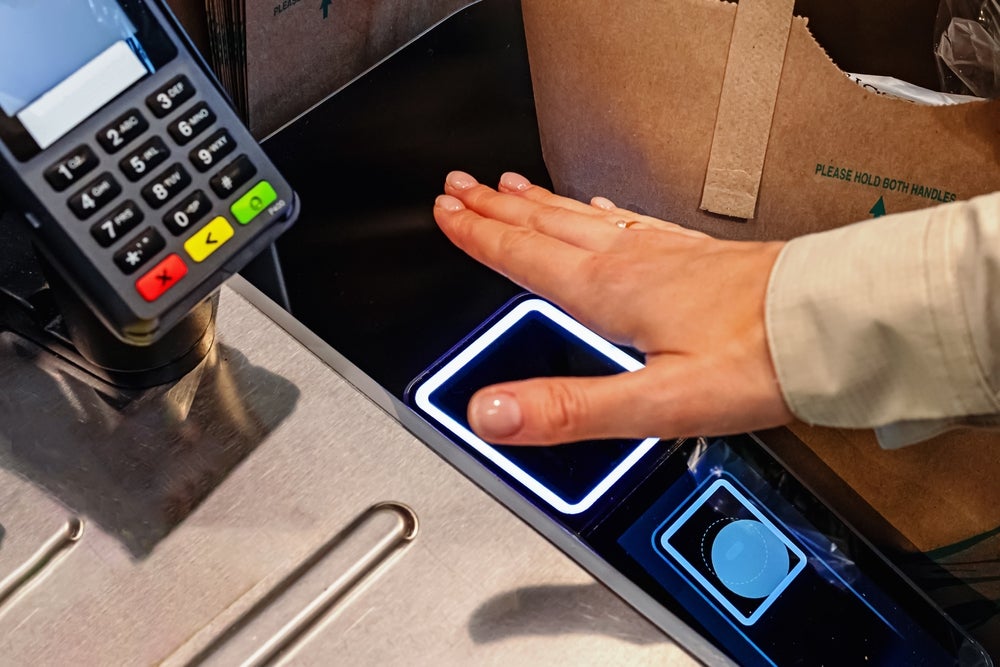Single Euro Payments Area (SEPA)
direct debits (SDD) are set for a successful launch, a high-powered
delegation from the European Payments Council (EPC) assured
delegates to a press conference held in Brussels a month ahead of
the 2 November launch date.
Underscoring the EPC’s optimism, 2,607 banks
representing about 70 percent of SEPA payment volumes are ready to
roll-out SEPA direct debit services from 2 November onwards.
This will enable customers to make and receive
domestic and cross-border euro direct debit payments in the 27
European Union (EU) member states, Iceland, Liechtenstein, Norway,
Switzerland and Monaco.
Of banks ready for the 2 November kick-off,
2,366 are positioned to offer both SDD core and SDD
business-to-business services. All branches of banks in the euro
area must be reachable for SDD core services by 1 November
2010.
Against the background of what has proved to
be a far from smooth passage for SEPA uptake, SDD services will be
under close scrutiny.
Highlighting this, the UK-based Financial
Services Club stressed in a recent study that SEPA is progressing
far too slowly to be convincing and if new SDD schemes are not
demonstrating critical mass within 18 months SEPA will be deemed a
failure (see EPI 267).
How well do you really know your competitors?
Access the most comprehensive Company Profiles on the market, powered by GlobalData. Save hours of research. Gain competitive edge.

Thank you!
Your download email will arrive shortly
Not ready to buy yet? Download a free sample
We are confident about the unique quality of our Company Profiles. However, we want you to make the most beneficial decision for your business, so we offer a free sample that you can download by submitting the below form
By GlobalDataThis sense of urgency was highlighted at the
press conference with the EPC’s chairman Gerard Hartsink stressing
that focus must be on accelerating migration to new SEPA
instruments.
“Political drivers of the SEPA project now
have to incentivise market transition,” said Hartsink.
He went on to call on the European Commission
(EC), the European Central Bank and EU governments to implement a
SEPA communication campaign comparable to that for the euro
introduction in 2002.
Public authorities, which in total account for
about 20 percent of electronic payments, were also urged to speed
up SEPA implementation.
“This will create critical mass and trigger
implementation by other market participants,” said Hartsink.
The EPC has also joined the growing call for
the setting a SEPA migration deadline, the subject of a European
Commission (EC) public consultation, results of which have just
been released.
According to the EC the consultation showed
that a “sizeable majority” of respondents support the idea of
setting of one or, in some cases, more than one end-date but did
not specify how big the majority was.
The consultation elicited responses from 105
respondents which included financial institutions (27 percent),
businesses (26 percent) and finance ministries and central banks
(14 percent). Responses represented 22 EU member states.
Respondents who do not see a justification for
an end date or dates came from what the EC termed a “particular
category of payment service providers.”
On the demand side, some corporate, public
administrations from three EU member states and two national
consumer organisations also expressed reservations about an end
date.
The EC noted that respondents seeing no need
for an end date mainly emphasised that SEPA migration should be a
market-driven process, respecting payment service providers’
freedom of business, as well as users’ choices.







